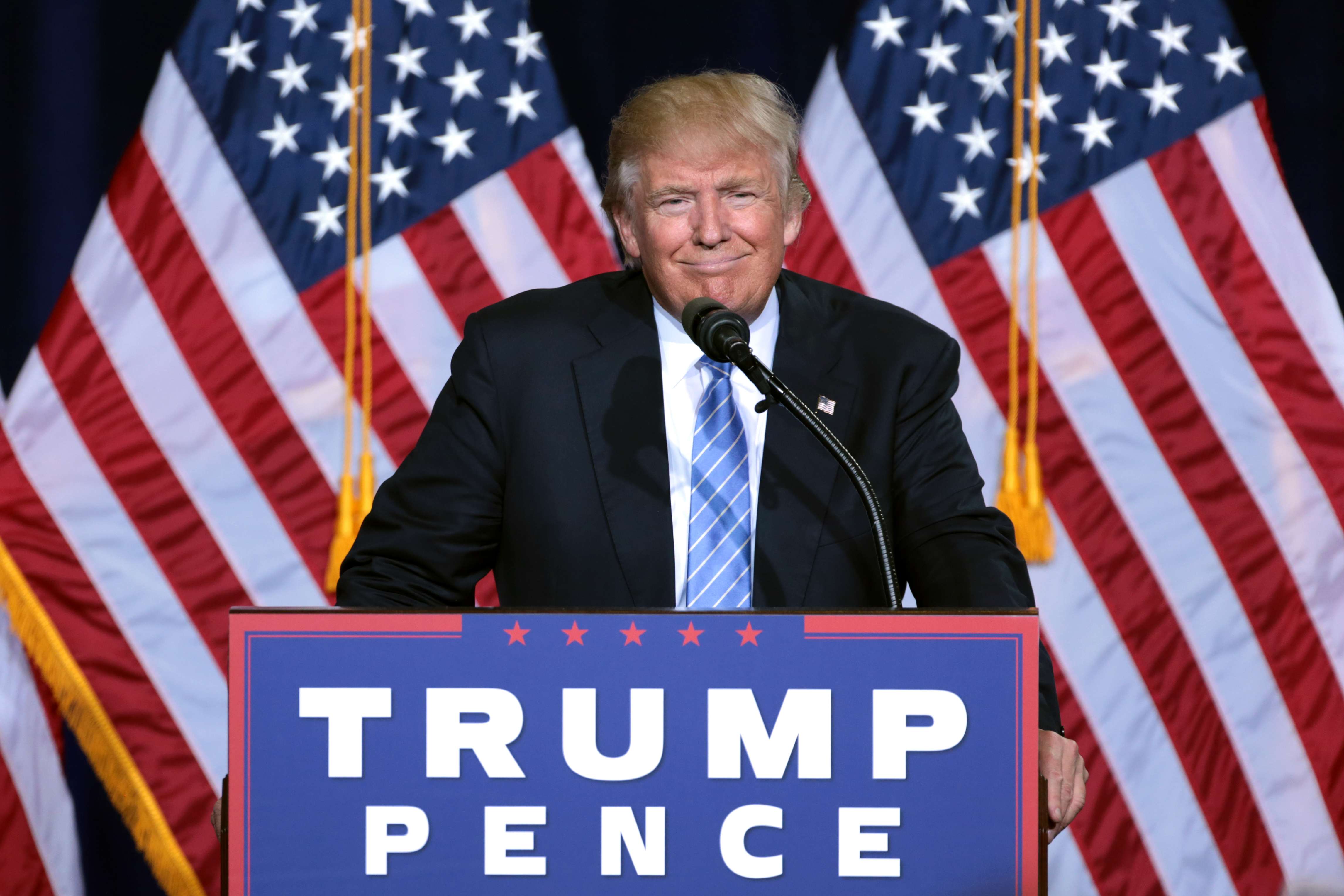US President Donald Trump has voiced increasing frustration with Iran's nuclear negotiations, warning of severe consequences if Tehran refuses to abandon its uranium enrichment program. Speaking on June 10, 2025, Trump described Iran as "much more aggressive" in its demands, particularly regarding its insistence on continuing domestic uranium enrichment — a move the US deems unacceptable. The president emphasized that while diplomacy remains his preference, a military option remains on the table if talks collapse.
As Andrew Parasiliti detailed in his new article, published by the Al-Monitor, "Trump's patience may be running out on Iran," the current focus on divisions between Trump's "MAGA" faction and hawkish voices misses a broader narrative. Since January, Trump has been orchestrating a sophisticated, multi-faceted approach to Iran diplomacy. This includes leveraging regional allies, such as Israel and the Gulf states, credible military threats, and a fixed timeline for negotiations. Trump's envoy, Steve Witkoff, plays a central role in coordinating these efforts, while the looming possibility of force keeps Iran on edge.
Parasiliti highlights that Trump's diplomacy is not isolated but tied to a larger vision of Middle East regional integration and economic cooperation, contingent on Iran's compliance. The proposed plan for a regional consortium to manage Iran's enrichment program showcases Trump's strategic creativity, offering Iran a face-saving path forward if it abandons its nuclear weapons ambitions.
With Iran's counter-proposal expected soon, the world watches closely. The US has set clear terms: no domestic enrichment and verifiable compliance, or face "very, very dire" consequences. Trump's blend of diplomacy backed by credible military readiness marks a critical juncture in US-Iran relations that could significantly impact the future stability and security of the Middle East.
Photo: Wikipedia Commons
